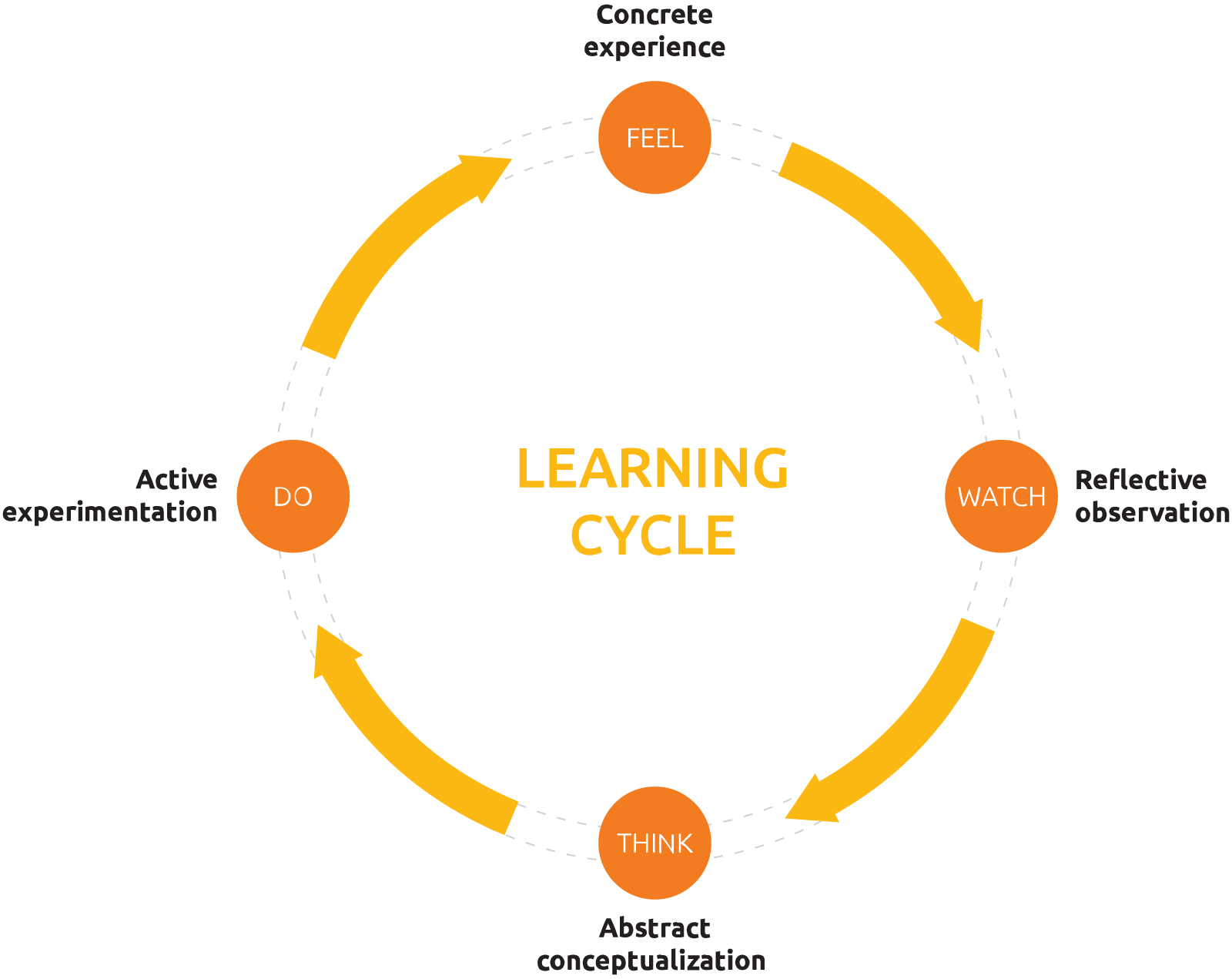The whole document (downloadable version) is available here
This IO is strongly based on O1 (that will give us an overall view of the ”state of art” in each country and common SWOT analysis regarding the training needs of senior artisans) and will define an educational path to be used by professionals in adults’ education dealing with senior artisans with strong handicraft skills but illiterate in entrepreneurship and ICT and with a high level of Euroscepticism. It will be tested at three levels, as we detail in the next paragraph.
The first content was agreed by partners during a Zoom meeting.
- Introduction – short mention about the project (for more information there will be inserted the link to the project website and on-line version of O1)
- Expected learning outcomes – both at the level of professionals in adults’ education and adult learners – senior artisans; here we will describe the three areas of entrepreneurial competence according to European Framework EntreComp and five areas of digital competencies according to European Framework DigComp. We will also mention other key competencies we intend to develop at our adult learners’ level, particularly European citizenship (but also social and civic and learning to learn competencies.
- Learner’s profile – each partner will describe the target group they will work with in the piloting stage (in terms of age, gender, family status, level of education, level of income etc.) and their educational needs as identified in IO1
- Methodology:
 – a short theoretical support about Kolb’s experiential learning theory that describes how immediate Concrete Experiences (CE) serves as the basis for Observation and Reflection (OR), in which the experience is subsequently assimilated into Abstract Conceptualisation (AC).
– a short theoretical support about Kolb’s experiential learning theory that describes how immediate Concrete Experiences (CE) serves as the basis for Observation and Reflection (OR), in which the experience is subsequently assimilated into Abstract Conceptualisation (AC).
We chose this basis as it allows us to handle in a holistic way the development of entrepreneurial and ICT competencies together with a ”red wire” related to fostering European identity and awareness.
It is also focused on an active and participatory learning process in a spiral experience-reflection-conceptualize-test and again, that is the most proper for seniors, particularly those who are resistant to learning process in a general way and particularly to some topics they are usually reject – as ICT, entrepreneurship and European Values.
This will also include some basic theoretical knowledge related to the main three areas of the educational path (ICT, entrepreneurship and European Values). We will also include tutorials about on-line marketing (how to create an account on an on-line selling platform, how to make proper pictures and movies for the product in order to make them saleable, how to upload these etc.)
– different educational methods (exercises, games, group activities etc. – all of them based on ”learning by doing” principle) aiming to achieve the learning outcomes described in the second chapter
-
Evaluation tools (both formal and non-formal) for the learning outcomes described in the third chapter – that will be also used in C1, C2 and local piloting activities
-
Conclusions&Recommendation – including feedbacks from the participants in the two piloting activities from each partner’s country
Annexes containing additional theoretic material and/or lesson plans in the three main topics: Entrepreneurship – Annex 1, Digital Competencies and Making Movies – Annex 2 and European Identity and Awareness – Annex 3
The last annex – 4.1 and 4.2 include exercises and other practical activities
This IO has two main innovative aspects: the strong connections with the real educational needs of the final beneficiaries – senior artisans with strong handicraft skills but illiterate in entrepreneurship and ICT, having also a quite strong resistance to lifelong learning and a high level of Euroscepticism, and of the target groups – professionals in adults’ education that are working with them.
The research for needs analysis developed in a participatory way for IO1 will be completed with the two local piloting activities in each partner’s country – so we will have feedbacks from 140 professionals in adults’ education and 280 senior artisans from 7 different countries and with different economic, social and cultural backgrounds. The second innovation – applicable to the whole project – is the partnership itself, including 7 organisations that cover the whole Europe and have complementary expertise not only in adults’ education (particularly seniors resistant to learning process) but also in cultural, entrepreneurial and ICT based projects.
As any training kit, its transferability potential come from its availability – all IO-s created by the project will be available for free in on-line version to be downloaded and used by any other organisations, trainers, teachers at local national and European level.
